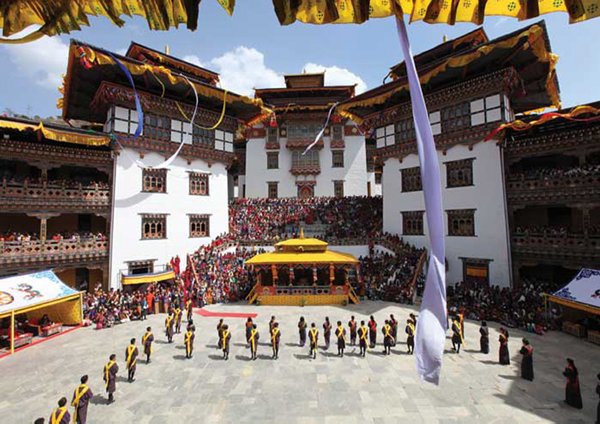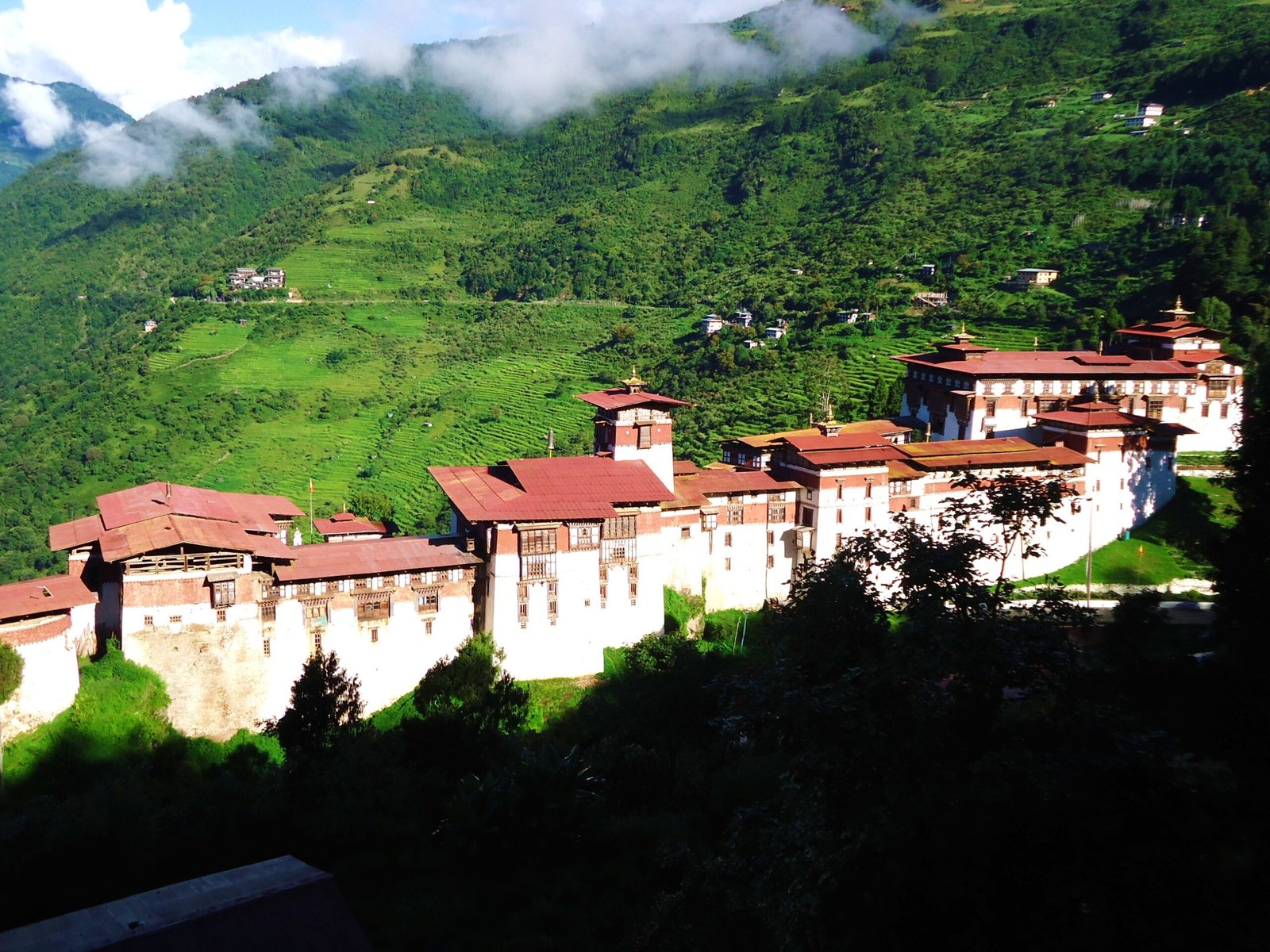Prakhar Duchhoed
Phodrang Lhundrup Deyang Lhakhang Bumthang, BhutanThe Prakhar Duchhoed takes place at Prakhar Goemba, nestled in the scenic Chumey Valley of Bumthang, a mere half-hour drive from Chamkhar town. Serving as the primary temple of the village, Prakhar Goemba, constructed around the 16th century, is a tranquil sanctuary located just a brief 10-minute walk from the main road.





